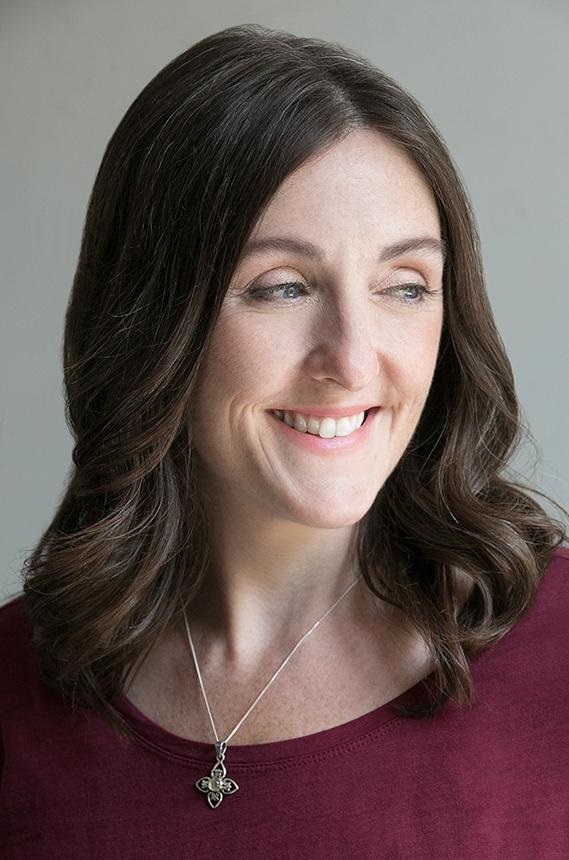 |
| photo: Beowulf Sheehan |
Kathleen Donohoe is the author of Ashes of Fiery Weather. Her stories and essays have appeared in the Recorder, New York Stories and Washington Square Review. She serves on the board of Irish American Writers & Artists. She lives in Brooklyn, N.Y., with her husband and son. Ghosts of the Missing (Mariner Books) is her second novel.
On your nightstand now:
In Brooklyn, people set out boxes on their stoops. They write FREE on the side in black marker. Inside the boxes are books. Instead of saucers of milk for feral cats, it's books for feral Brooklynites. I keep my finds on my nightstand for a little while. Right now, it's Winter's Tale by Mark Helprin, Flower Children by Maxine Swann and Ironweed by William Kennedy.
Favorite book when you were a child:
I was 11 when I read A Summer to Die by Lois Lowry, which is about two teenage sisters, beautiful Molly and smart Meg. It's the book that gave me an awareness of sentences. That is, it's the first book I loved for the language as much as the story. It taught me that as much as it is about storytelling, writing is about word choice and how a sentence begins and ends.
Your top five authors:
Alice Munro, Ann Patchett, Toni Morrison, Gabriel García Márquez and James Joyce.
Book you've faked reading:
This is a terrible answer for the times, but 1984 by George Orwell. I was assigned the book my senior year of high school, but I couldn't get through it. I watched the movie instead, the only time I've ever done that.
Book you're an evangelist for:
Borrowed Time by Paul Monette. This is a memoir about his relationship with his partner, Roger Horwitz, who died of AIDS in 1986. It should be read both as a history of the AIDS crisis and for its continuing relevance. Stigma still exists; AIDS is manageable now as a chronic illness--if you have lifelong access to the medication. And though, yes, it is a book about AIDS, it's ultimately not a death story but a love story and it is beautiful.
Book you've bought for the cover:
Mr. Ives' Christmas by Oscar Hijuelos. I saw it on top of a pile of books in a used bookstore and walked towards it as if in a trance. The cover is a snowy street at night and there are no people, just blanketed cars. It exudes loneliness. I bought it without reading the jacket, but when I did, I wasn't surprised to learn it was about grieving the loss of a child.
Book you hid from your parents:
Wifey by Judy Blume. A copy got cycled around eighth grade, passed from girl to girl in my Catholic elementary school. The year before, it was Forever. Both years, the boys were oblivious. Judy Blume is a genius and I am willing to die on that hill, though I can't imagine anyone will ask.
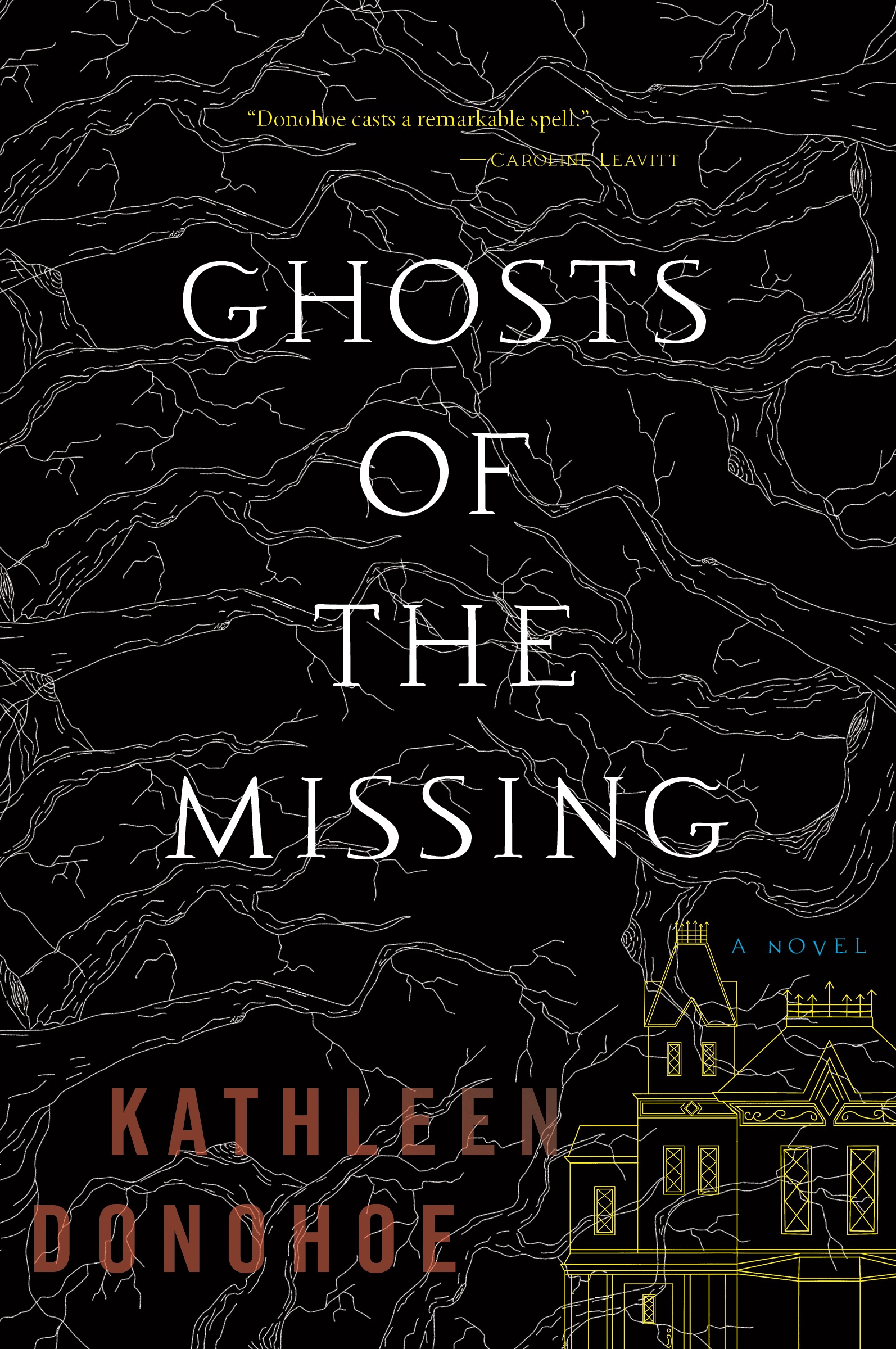 Book that changed your life:
Book that changed your life:
Around 1995, a friend gave me a copy of Alice McDermott's At Weddings and Wakes because she thought I'd like it. I refused to read it.
Then in 1998, McDermott won the National Book Award. Instead of Alice McDermott Won! a lot (not all) of the coverage skewed to Tom Wolfe Lost! To Alice McDermott?! I get that Wolfe was expected to win and Alice McDermott herself expressed her own surprise in several interviews, but come on. Out of pure spite, I went out and bought Charming Billy.
From the first pages, I understood that I'd been avoiding her out of fear. I thought if I read her books, I'd be left wondering why I should even try to write about working class, Irish-American, New York families. Of course, I'd already read plenty of books that match this description, but I sensed Alice McDermott was on another level. Which she is. Yet the effect of reading her books was not disheartening but encouraging. Charming Billy made me understand in a way I never had before that writing is not about subject matter as much as it is about voice. The Irish-American imagination is not singular.
Favorite line from a book:
There are many, of course, but a top one is from Wolf Hall by Hilary Mantel. Cromwell is musing on how he could have told Cardinal Wolsey not to be rude to Thomas Boleyn because Mary Boleyn is the king's current mistress. He, Cromwell, wonders if he should have just said, "Back off, our prince is fucking this man's daughter."
I badly want to get in a fight and say this as the comeback line. I accept it'll likely never happen, though as a New Yorker, my odds are probably better than most.
Five books you'll never part with:
The Bloody Chamber by Andrea Barrett. This book is so wild and strange, it feels like if I lose my copy, the stories will vanish from the world.
Desperate Characters by Paula Fox. A master class in precision and pain.
Yellow Gentians and Blue by Zona Gale. I found it mis-shelved in a library rumored to be closing due to bankruptcy (it did). There's an inscription, unpunctuated, so it looks like this: 17 March 1928 Mary from Sterling. The book was coverless and stained. I thought, if they move the collection, this will never survive the purge. So I stole it.
The Maid's Version by Daniel Woodrell. His sentences. It's like he's paired words that have never been introduced before.
Birthday Poems: A Celebration, edited by Jason Shinder. I found it in a box of free books on a Brooklyn stoop, on my birthday.
Book you most want to read again for the first time:
The Changeling by Victor LaValle. It's one of those books where you just don't know what's real and what isn't. It's a brilliant evocation of parental love and fear, and a novel very much about trusting women.
Also, The Alienist by Caleb Carr. I stayed up through the night to finish it. It's the first mystery I recall reading where the murderer wasn't revealed to be a character already in the book.
Your favorite anthology:
May Your Days Be Merry and Bright: Christmas Stories by Women edited by Susan Koppleman. My sisters gave it to me as a Christmas present a long time ago. I leafed through it, interested, but Christmas was over. The following year, I found it randomly right at the start of the holiday season and read every single story. Now I re-read it every year. Among the contributors are Willa Cather, Ntozake Shange, Sarah Orne Jewett, Alice Childress and Pearl S. Buck.
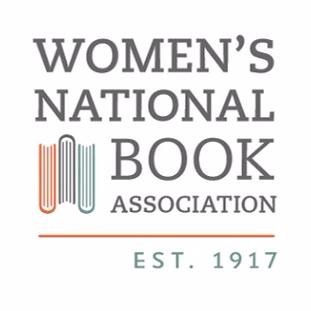 Nominees have been unveiled for the 2020 Pannell Award, which is co-sponsored by the Women's National Book Association and Penguin Young Readers Group and honors bookstores that "enhance their communities by bringing exceptional creativity to foster a love of reading and books in children and young adults." One Pannell Award is given to a general bookstore and one to a children's specialty bookstore. Check out the complete list of this year's Pannell nominees here.
Nominees have been unveiled for the 2020 Pannell Award, which is co-sponsored by the Women's National Book Association and Penguin Young Readers Group and honors bookstores that "enhance their communities by bringing exceptional creativity to foster a love of reading and books in children and young adults." One Pannell Award is given to a general bookstore and one to a children's specialty bookstore. Check out the complete list of this year's Pannell nominees here.










 In addition to its tragic impact on the health of people in China and elsewhere in the world, the coronavirus (covid‑19) outbreak is also affecting the book trade.
In addition to its tragic impact on the health of people in China and elsewhere in the world, the coronavirus (covid‑19) outbreak is also affecting the book trade. 
 Random House Children's Books will launch imprints Anne Schwartz Books and Random House Studio. For the past 15 years, Anne Schwartz and Lee Wade have published titles under the Schwartz & Wade Books imprint that have received nearly 400 starred reviews and numerous awards. The final S&W list will be released in the spring of 2021. The two new imprints are launching in the summer of 2021.
Random House Children's Books will launch imprints Anne Schwartz Books and Random House Studio. For the past 15 years, Anne Schwartz and Lee Wade have published titles under the Schwartz & Wade Books imprint that have received nearly 400 starred reviews and numerous awards. The final S&W list will be released in the spring of 2021. The two new imprints are launching in the summer of 2021.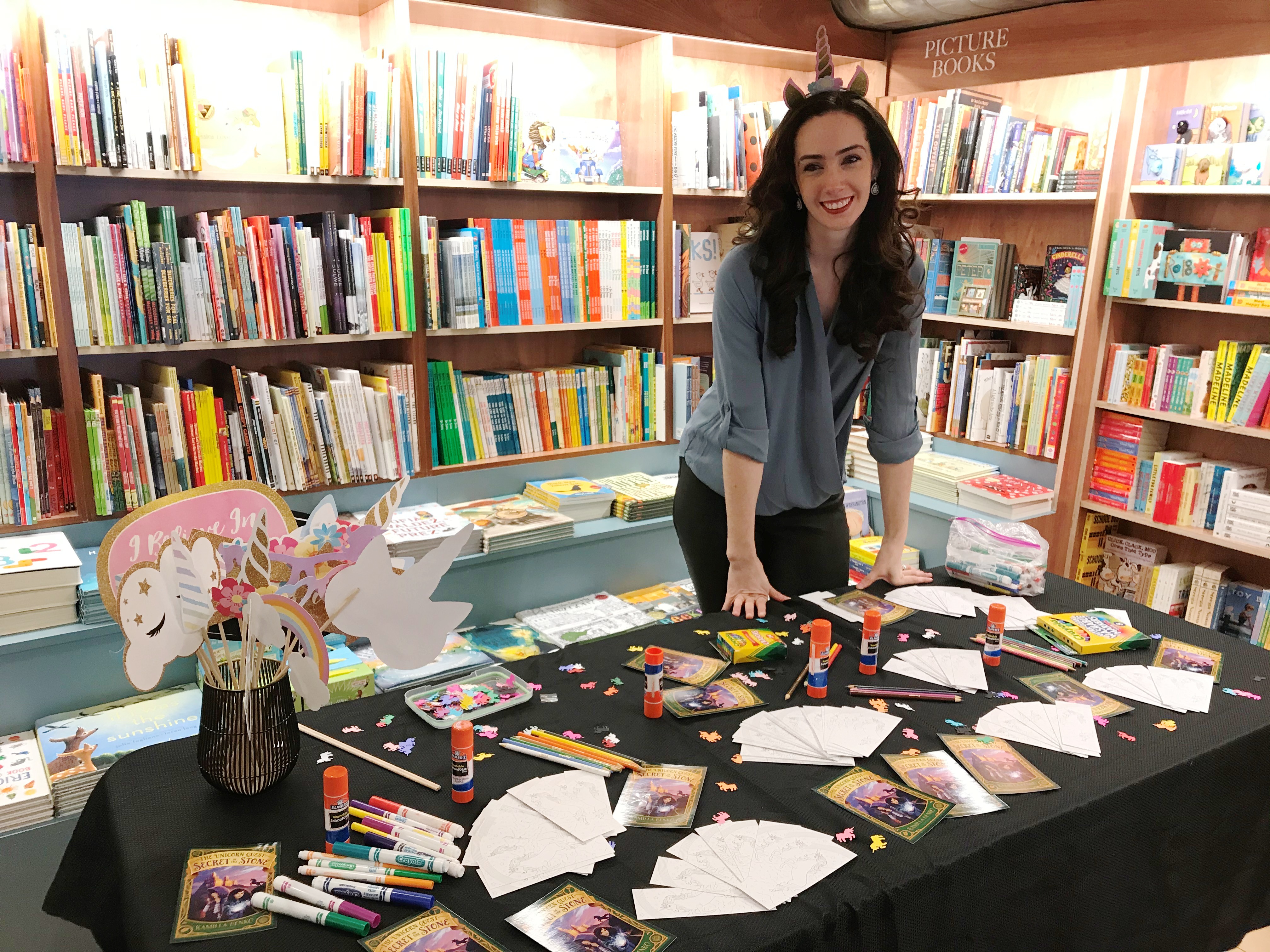 Kamilla Benko launched the final book in her middle grade Unicorn Quest series, Fire in the Star (Bloomsbury) at the new
Kamilla Benko launched the final book in her middle grade Unicorn Quest series, Fire in the Star (Bloomsbury) at the new 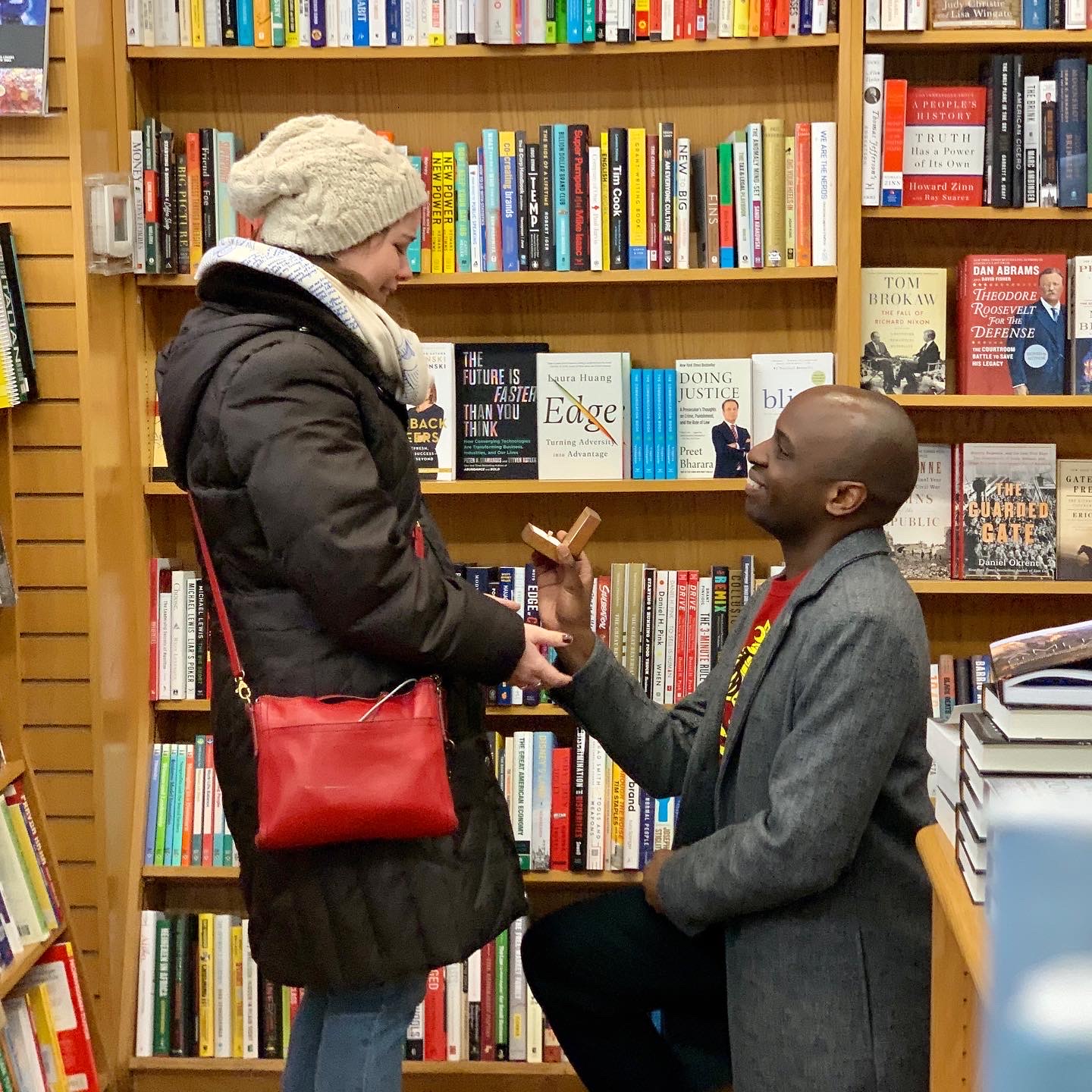 "Congratulations and our best wishes to Persie and Jules
"Congratulations and our best wishes to Persie and Jules 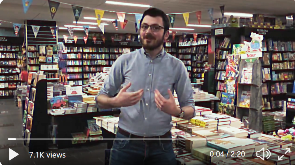
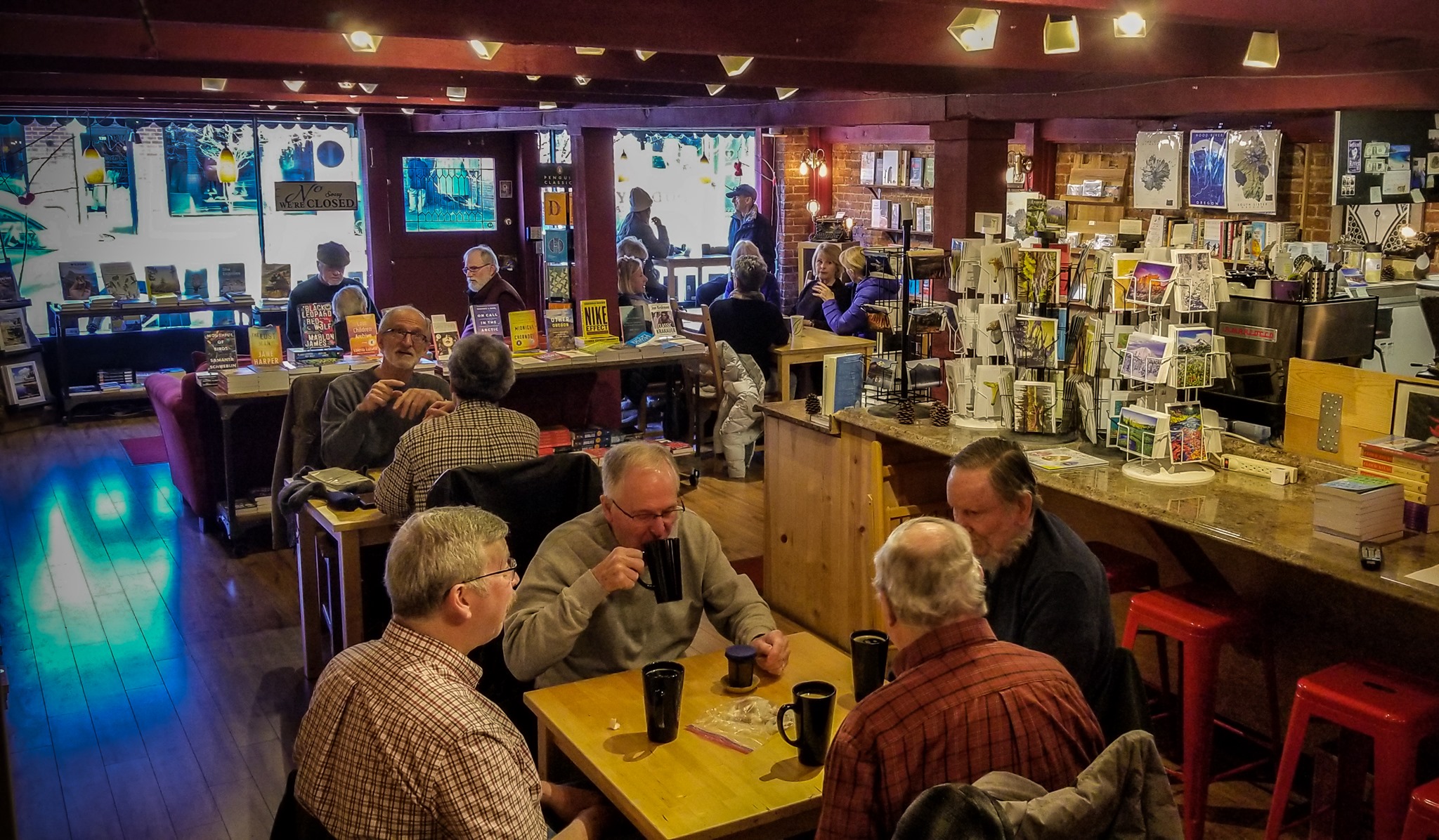 Posted on Facebook by
Posted on Facebook by 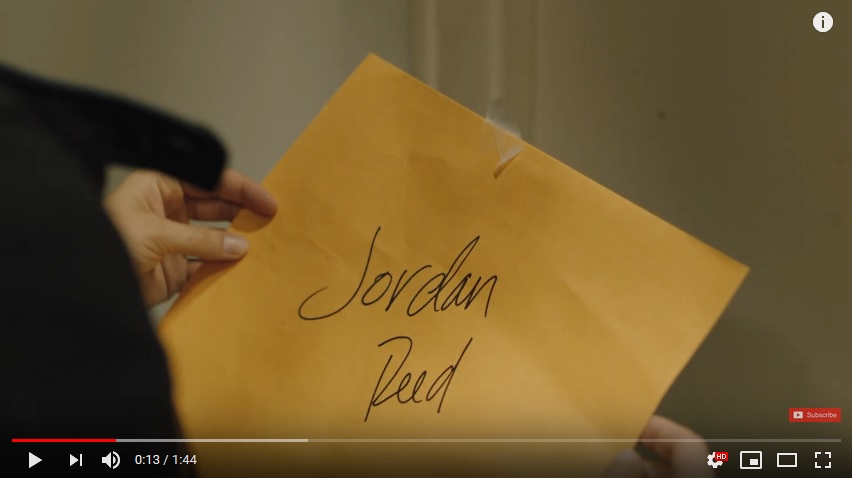 Toxic Deception: A Jordan Reed Mystery
Toxic Deception: A Jordan Reed Mystery
 Book that changed your life:
Book that changed your life: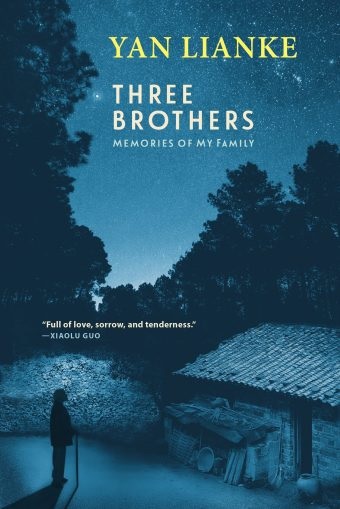 After decades of glimpsing autobiographical hints in his always intriguing, often surreal novels and short stories, Anglophone audiences get access to Yan Lianke's real life. Haunted by the passing of the men in his father's generation, Yan--one of China's most awarded, lauded authors--transforms his anguished loss into Three Brothers: Memories of My Family. At the burial of their last uncle in 2007, his sister prompted him, "Brother Lianke, you've written so many books, why don't you write one about our family?" Yan's decision to "absolutely... write something for them" becomes an "epiphany" about family bonds in life, unbreakable even in death. Duke University professor Carlos Rojas, who worked on Yan's previous four titles published in the U.S., returns as Yan's excellent translator.
After decades of glimpsing autobiographical hints in his always intriguing, often surreal novels and short stories, Anglophone audiences get access to Yan Lianke's real life. Haunted by the passing of the men in his father's generation, Yan--one of China's most awarded, lauded authors--transforms his anguished loss into Three Brothers: Memories of My Family. At the burial of their last uncle in 2007, his sister prompted him, "Brother Lianke, you've written so many books, why don't you write one about our family?" Yan's decision to "absolutely... write something for them" becomes an "epiphany" about family bonds in life, unbreakable even in death. Duke University professor Carlos Rojas, who worked on Yan's previous four titles published in the U.S., returns as Yan's excellent translator.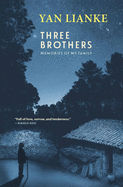
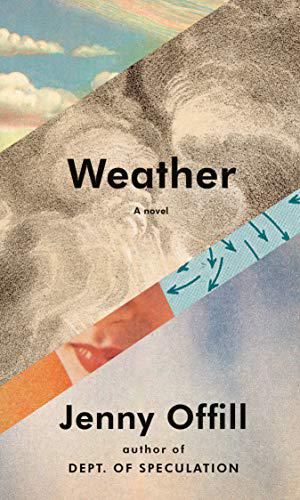 In Jenny Offill's brilliant novel Weather (Knopf), Lizzie is a librarian at the university where she was once a promising grad student ("I used to have plans! Biggish ones, medium at least.") and where one of her colleagues "has never liked me because I don't have a proper degree. Feral librarians they call us as in just wandered out of the woods."
In Jenny Offill's brilliant novel Weather (Knopf), Lizzie is a librarian at the university where she was once a promising grad student ("I used to have plans! Biggish ones, medium at least.") and where one of her colleagues "has never liked me because I don't have a proper degree. Feral librarians they call us as in just wandered out of the woods."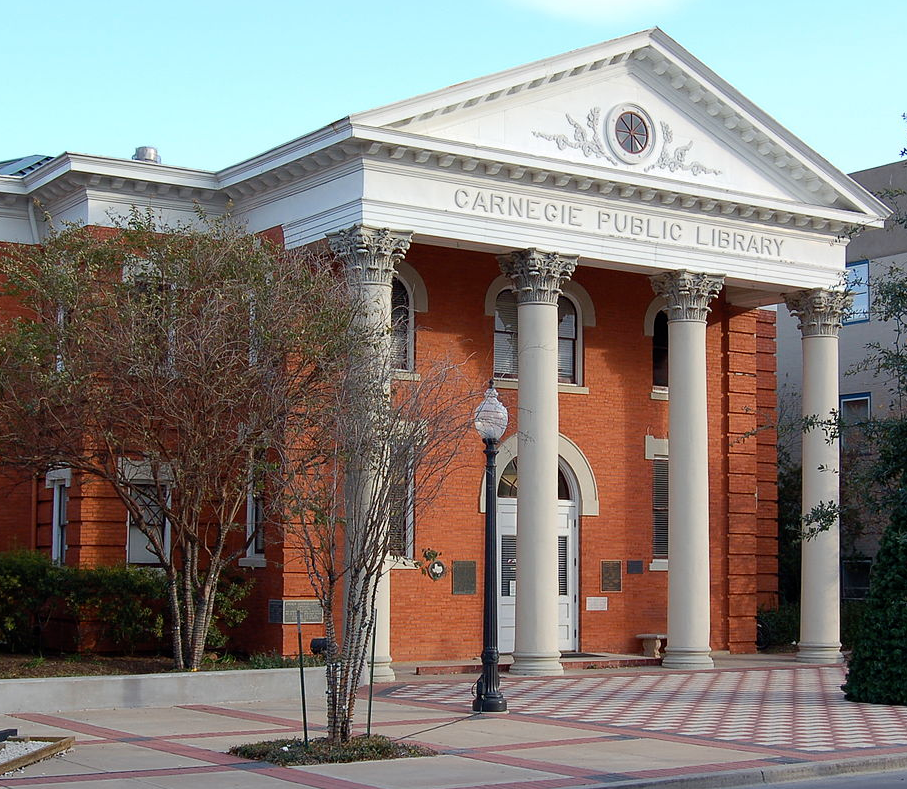 Eventually, however, I developed a love for libraries. I have a library card; I pay attention to developments in the field.
Eventually, however, I developed a love for libraries. I have a library card; I pay attention to developments in the field.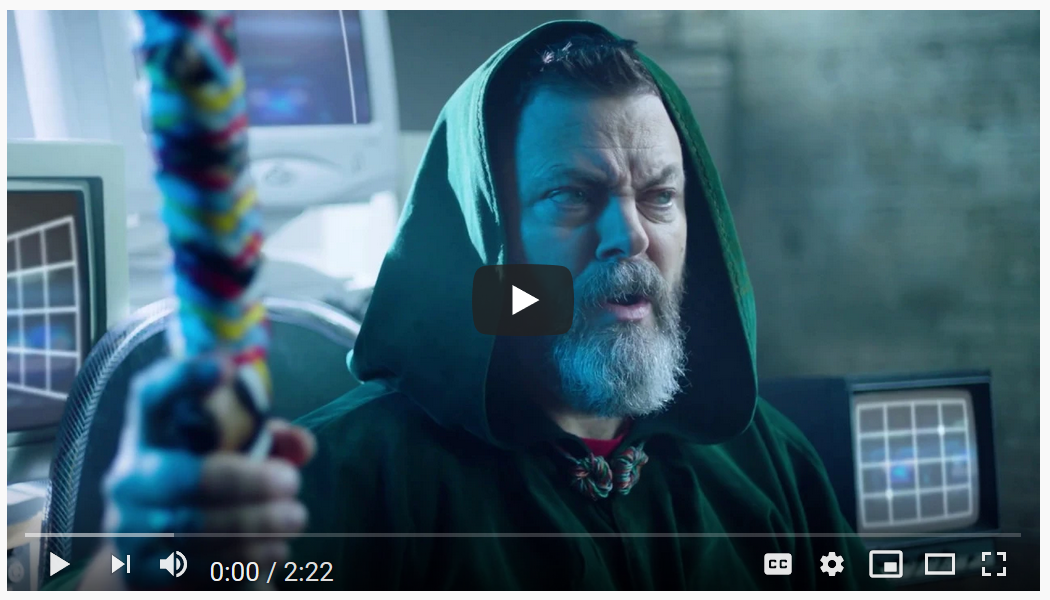
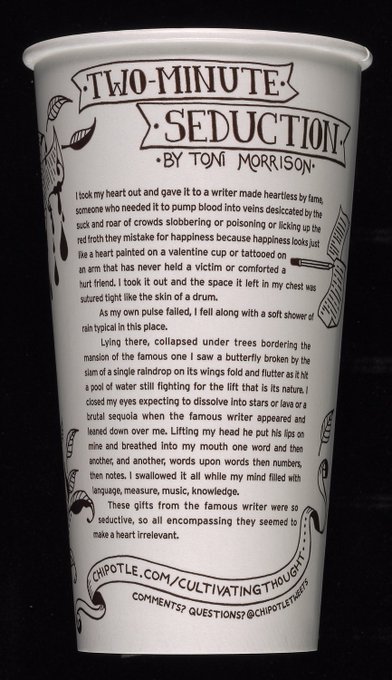 Or how about this? To help mark the late author Toni Morrison's birthday Tuesday, the Beinecke Library tweeted a photo of "
Or how about this? To help mark the late author Toni Morrison's birthday Tuesday, the Beinecke Library tweeted a photo of "